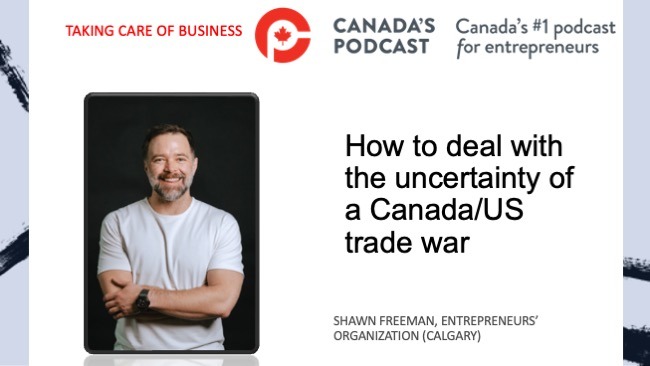As more and more Canadian companies consider the future of work, Canada Life’s Workplace Strategies for Mental Health has released new research that shows despite the increase in vaccinations, 46% of Canadians working from home are anxious about the threat of the virus if and when they return to the office.
“Many Canadians are no doubt looking forward to getting back to a ‘new normal’ as vaccines roll out and the pandemic subsides,” said Mary Ann Baynton, its director of collaboration and strategy.
“But for those working from home, this transition presents new and unique concerns, because they’ve been more isolated and have been able to limit their exposure to the virus for a long time. Employers need to understand what their teams are concerned about so they can effectively support them during this significant adjustment.”
Baynton says communication and collaboration before returning to the workplace is key and that company owners should:
- Acknowledge that returning to the workplace can be stressful for some and exciting for others. Validate the range of emotions that come with this process.
- Ask employees what specific steps the organization can take to help them adjust and feel safe.
- Clearly communicate how and when you’ll implement these measures. And ask again if there are anticipated challenges once you’ve done so.
- Set the expectation that the first few weeks may be draining as everyone adjusts to a new normal.
While nearly half of respondents indicated they’re concerned about the threat of COVID-19 as they head back to the workplace, concerns over other elements of this transition were much lower. When asked what their primary concern was when considering their return to the office:
- Only 10% of respondents indicated they were concerned about striking a new work-life balance
- 9% said they were anxious about commuting to and from the office
- Less than 1% said their primary concern was the impact their return to the workplace would have on their children
“When we set out to complete this survey, we were hearing anecdotal comments from friends, family members and colleagues who are currently working at home about dreading the commute, adjusting to work routines or losing time they’ve been spending with their family,” said Baynton.
“We expected that these concerns would outweigh the fear of the virus now that vaccines are rolling out. We were surprised to see their concerns are still more focused on the virus and less focused on the change in routine.”
Other findings show that when it comes to anxiety over the virus, Canadians of all ages are affected. Generally, younger Canadians ages 18-34 report anxiety more frequently (33%, compared to only 22% of those 55 and older) and they also typically report depression more frequently (23%, compared to just 11% of those 55 and older).
“However, the fear of catching the virus seems to have a similar negative impact on the mental health of both younger and older Canadians (42% of younger Canadians and 35% of older Canadians),” a release stated. “This indicates employers should consider that employees of all age ranges may still be fearful of contracting COVID-19 if and when they return to the workplace.”
The survey collected responses from 1120 employed adults in Canada who are working from home during the pandemic (excluding those in northern territories) with a margin of error of 2.9%. Of those respondents, 608 answered open-ended questions regarding specific anxieties about returning to the workplace.





